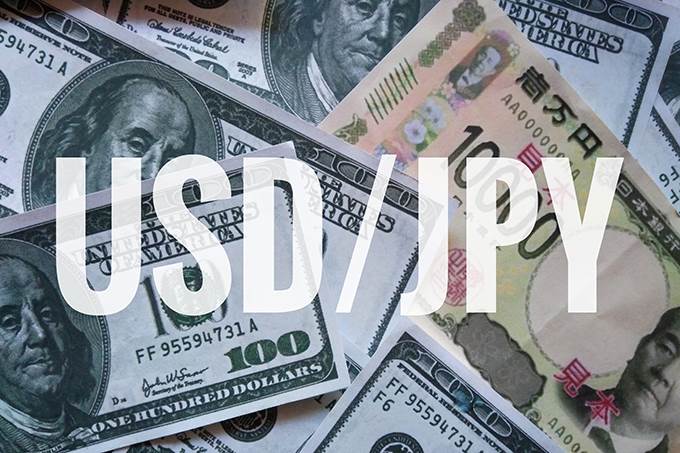 So far this week, the Japanese Yen has gained 2.03 percent against the US dollar, as the appetite for risk stalls and being favored by its status as a safe-haven currency.
So far this week, the Japanese Yen has gained 2.03 percent against the US dollar, as the appetite for risk stalls and being favored by its status as a safe-haven currency.
Unlike the dollar, which has lost ground against a bundle of currencies in the last month, the Japanese Yen is enjoying the favor of traders and investors amid rising tensions between the United States and China, fueled by China's initiative to intervene on Hong Kong.
The Japanese government itself is concerned about the situation, or at least that's what Prime Minister Shinzo Abe insinuated recently. After highlighting how important is Hong Kong is for Japan as a partner, Abe told the Parliament that preserving the "one nation, two systems" principle is important, claiming that his administration is "deeply concerned" by the Chinese government's behavior towards the island.
Other factors that may be aiding the Yen, which yesterday gained value against the dollar for the second straight day, is the fact that the US dollar is not very attractive right now. On one hand, the US is now amid a wave of protests, caused by the increasing social unrest that was ignited by the murder of George Floyd by a policeman. On the other, despite the recent positive data, the prospects for the American economy are becoming less clear, as the enthusiasm for a V-shaped recovery has been fading.
The prospects for the Japanese economy are not the best ones either, as the Covid-19 health crisis keeps advancing in the country. At the moment there are 17,210 infected individuals on the island as well as a death toll of 916. In the first quarter, the Japanese economy shrunk 2.2 percent, against the analyst's expectations who foresaw a 2.1 contraction and revised down from the preliminary reading, which was at 3.4 percent. Despite getting better data than expected, there are still a lot of concerns regarding the performance of the Japanese economy in the second quarter, as it's set to contract further.
“The upward revision to Q1 GDP displayed in the revised estimate is cold comfort given that output is plummeting this quarter,” explained an analyst at Capital Economics.
To face the pernicious effects of the sanitary crisis on the economy, the government decided to expand its fiscal stimulus package, approving an additional budget of US $296 billion with the purpose of extending loans to struggling Japanese firms. The move is in line with a subsequent comment by the Economy Minister, Yasutoshi Nishimura, who said that the country's primary focus should be aiding struggling businesses instead of focusing on pushing consumption levels, hence the government's negative to lower the consumption tax rate.
The Bank of Japan is expected to avoid making any significant change to its monetary policy stance next week. The bank, who recently pledged on a joint statement with the Japanese government to do whatever is necessary to protect the Japanese economy from the effects of the sanitary crisis. The bank's policymakers may prefer to use this reunion to assess the impact of the measures they have already implemented.
Some were speculating about a further cut on the already negative cash rates, however at this moment, many consider this move to be highly unlikely, given the government's current focus on helping businesses. Nishimura himself suggested not to adopt this approach when asked whether the Bank of Japan should take measures to aid the demand levels.
“We’re not at a stage yet where we want to stimulate consumption and encourage people to travel a lot. Efforts to stimulate consumption should wait a bit more,” commented Nishimura.
According to some analysts, the outlook for the Yen performance will remain positive if the social unrest keeps spreading across the United States and Western Europe, given the country's social cohesion and stability.
"Japan's stability in terms of its huge external asset hoard and its relatively high level of social cohesion suggests the Yen should be trading at a premium, not a large discount, to its historical fundamental drivers," commented an analyst at Seeking Alpha.
